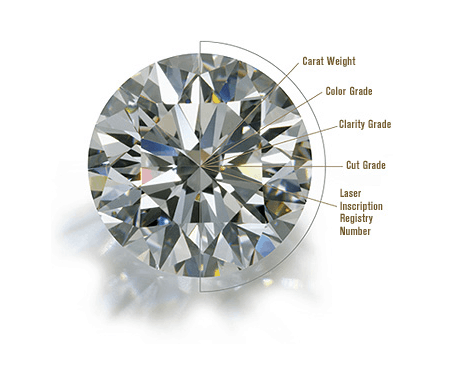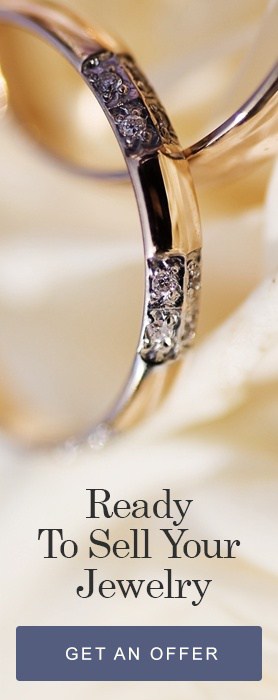
The world of jewelry today is so vast that you can have one jeweler providing both wholesale and retail services. James Avery for example, would be able to be both a wholesale jeweler and a retail seller because they can make their own jewelry and then retail it for higher prices. Jewelry buyers and sellers have to have a little knowledge of the relationship between wholesale and retail to find the best prices that will work for them. Wholesale and retail directly influence each other. Knowing ahead of time about what the market can bear will increase your chances at making a profit from selling your jewelry, or save you a ton of money when buying!
The Basics of Selling Jewelry
Wholesale is the price that retail establishments will pay for the products that they intend to sell to their cliental. For instance, you want to sell your diamond necklace to a big retailer; the retailer will offer you a wholesale price based on the exclusivity of your necklace, the craftsmanship, and ultimately what they think will leave them room for a profit. The price the retailer sets on the product is called the retail value; which is based on what the retailer believes the market can bear or is willing to spend on the product. After purchasing wholesale, the retailer then marks up the price to sell for retail.
If your necklace is selling for $300 at Christie's Jewelry down the street, then the retailer your selling to is going to offer you a wholesale price that is below what Christie's Jewelry is retailing it for. That is what the market will pay for your necklace. Pricing the necklace higher than $300 would push customers away in search for the cheaper price.
Wholesale Jewelers
Generally make and distribute (in bulk) their jewelry themselves, or directly to retailers.
Pricing for wholesale jewelers is a tricky process because jewelry buyers are looking for the lowest prices possible without sacrificing prestige. So when calculating their prices, wholesalers try and cover the time it took to create the piece; how much they spent making the piece (overhead expenses), and what the market can bear based on the exclusivity of their product.
Retailers
Purchase most of their merchandise from wholesalers.
The first thing for you to know is that companies claiming that they are selling their jewelry for a wholesale price to the public... is not really wholesale. Companies like Blue Nile, will claim that they are offering you wholesale prices but, in fact, they are really just selling for very cheap with smaller mark up-- kind of like Wal-Mart. To be able to truly buy wholesale would require you to possess a tax ID to prove that you are reselling. Retailers purchase their items wholesale, and then mark up the product price for retail sale. Retailers have to know the market and it's fluctuations in order to set their prices to attract customers. Good advice when trying to purchase from a retailer is asking what the item costs wholesale, and then try and barter down the price to point where you, the jewelry buyer, get the price you want while the retailer still makes a profit.
Jewelry buyers that are familiar with the difference between wholesale and retail will agree to a price that fits their budget and matches the prestige they desire.








